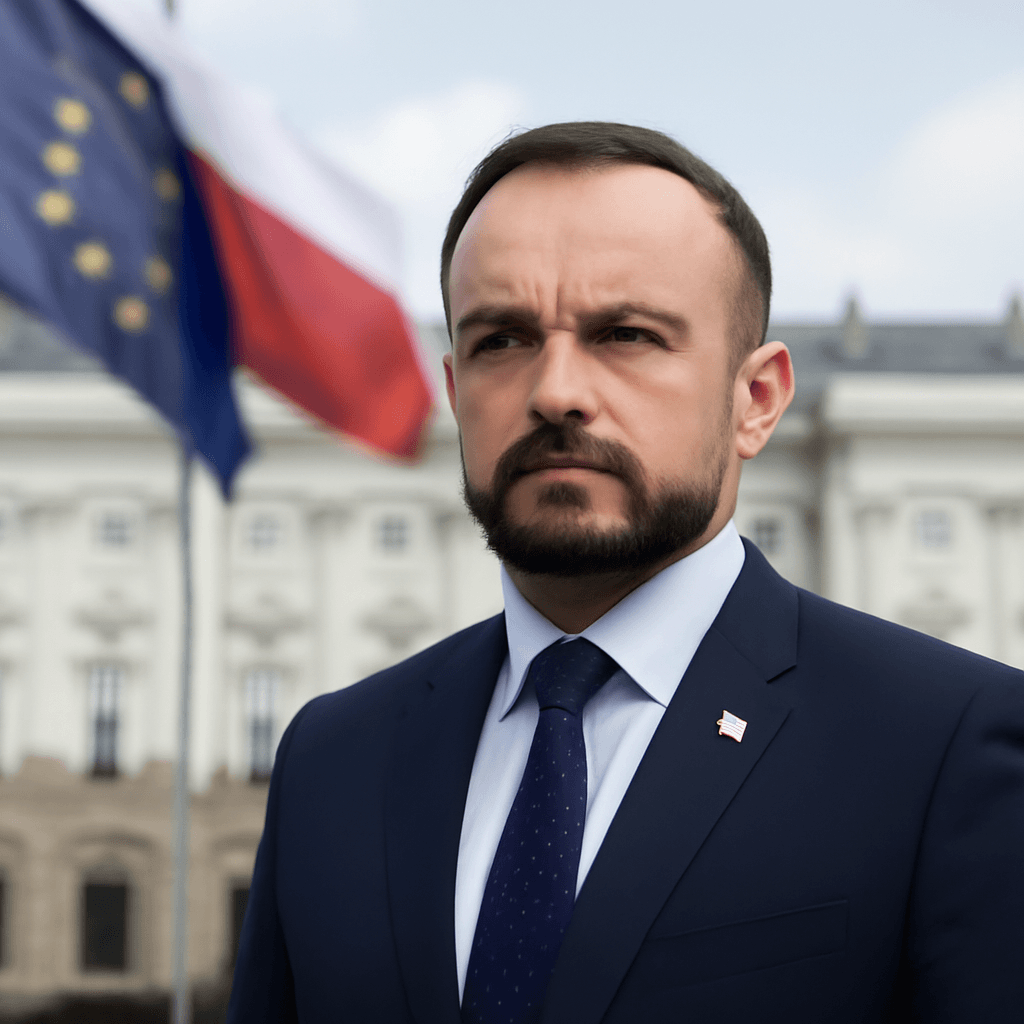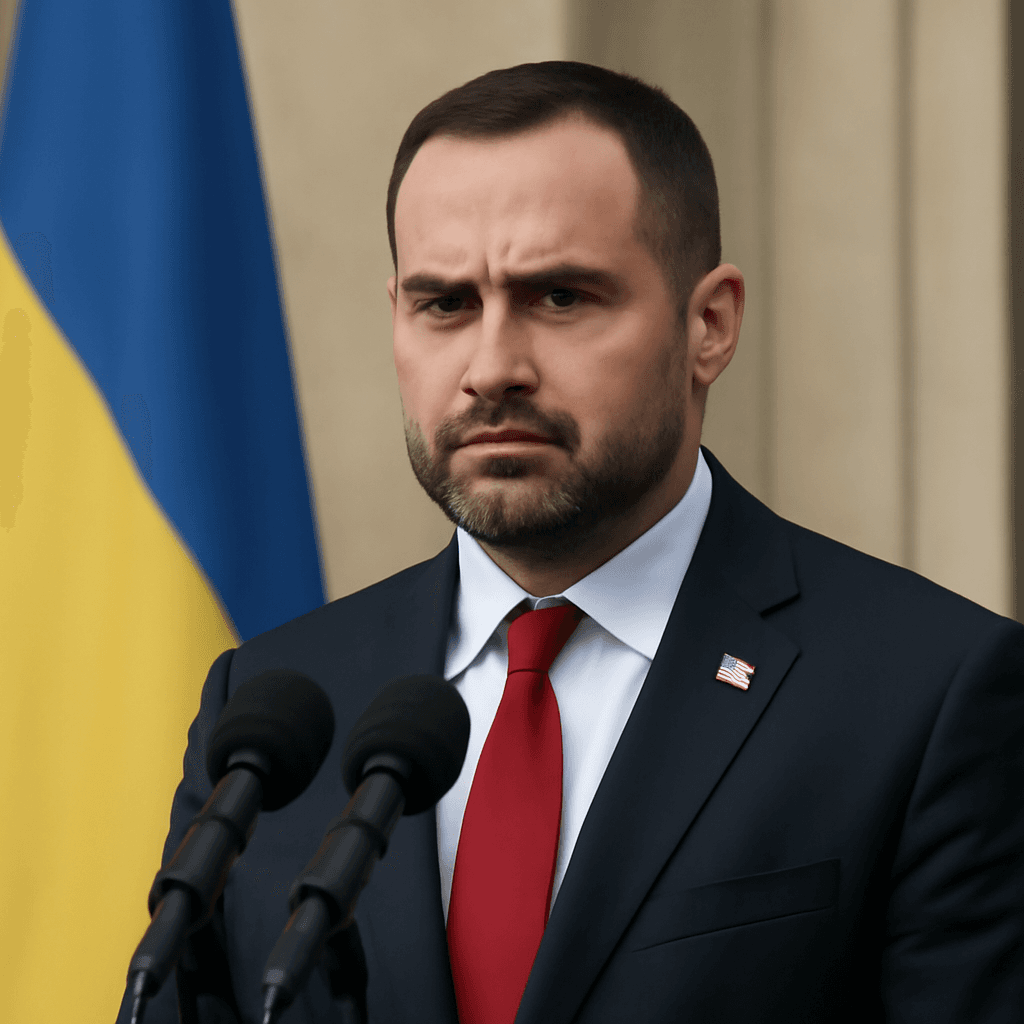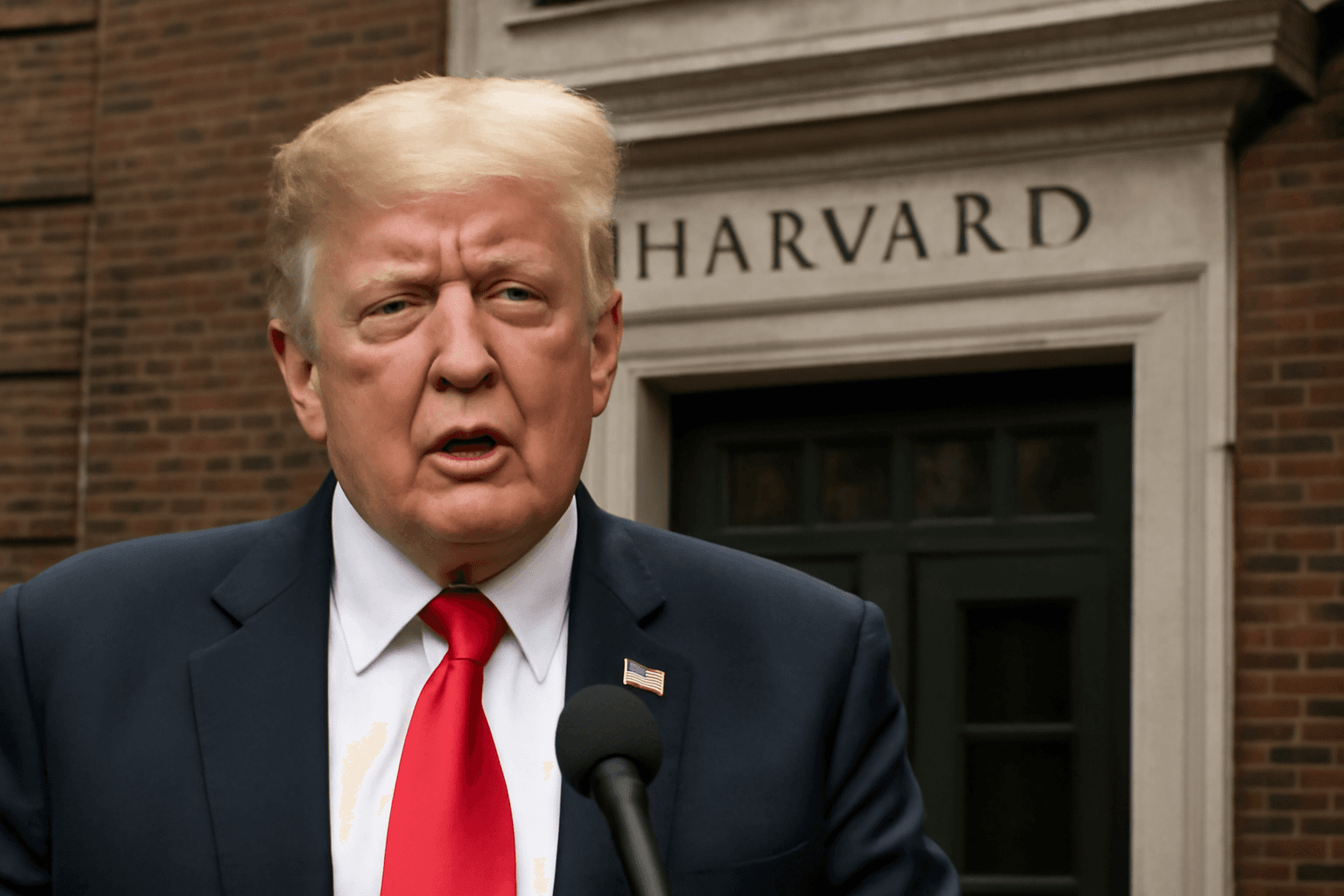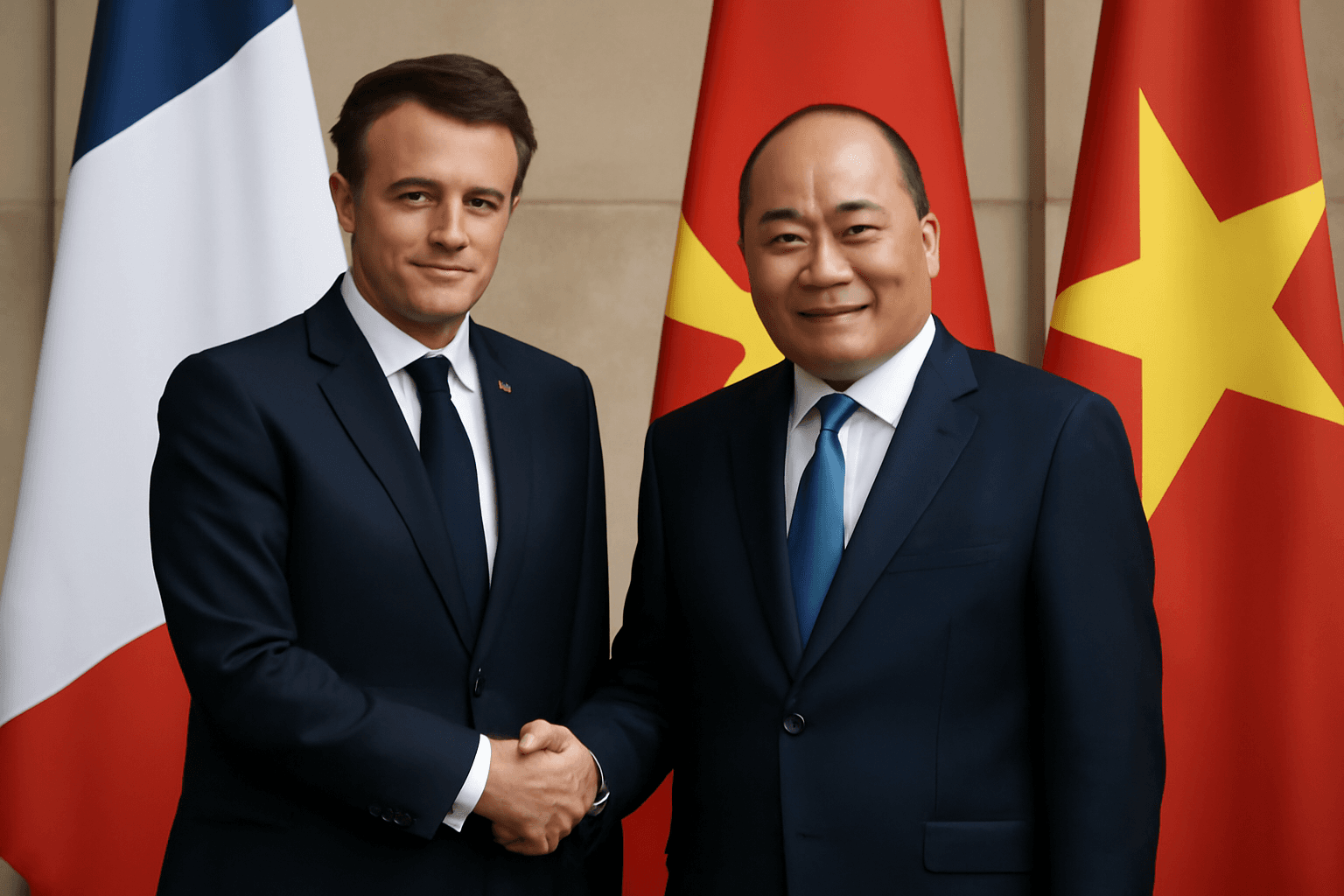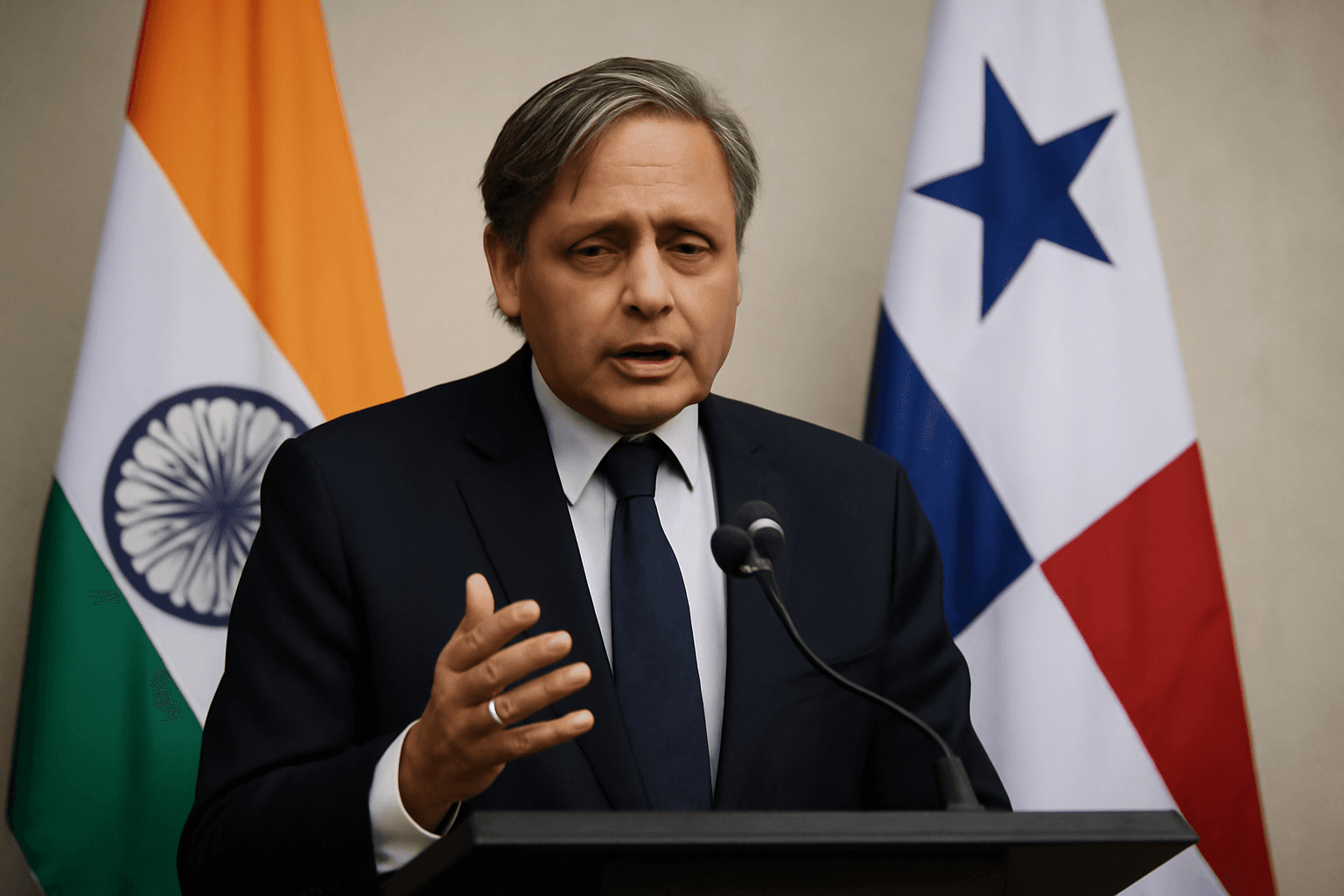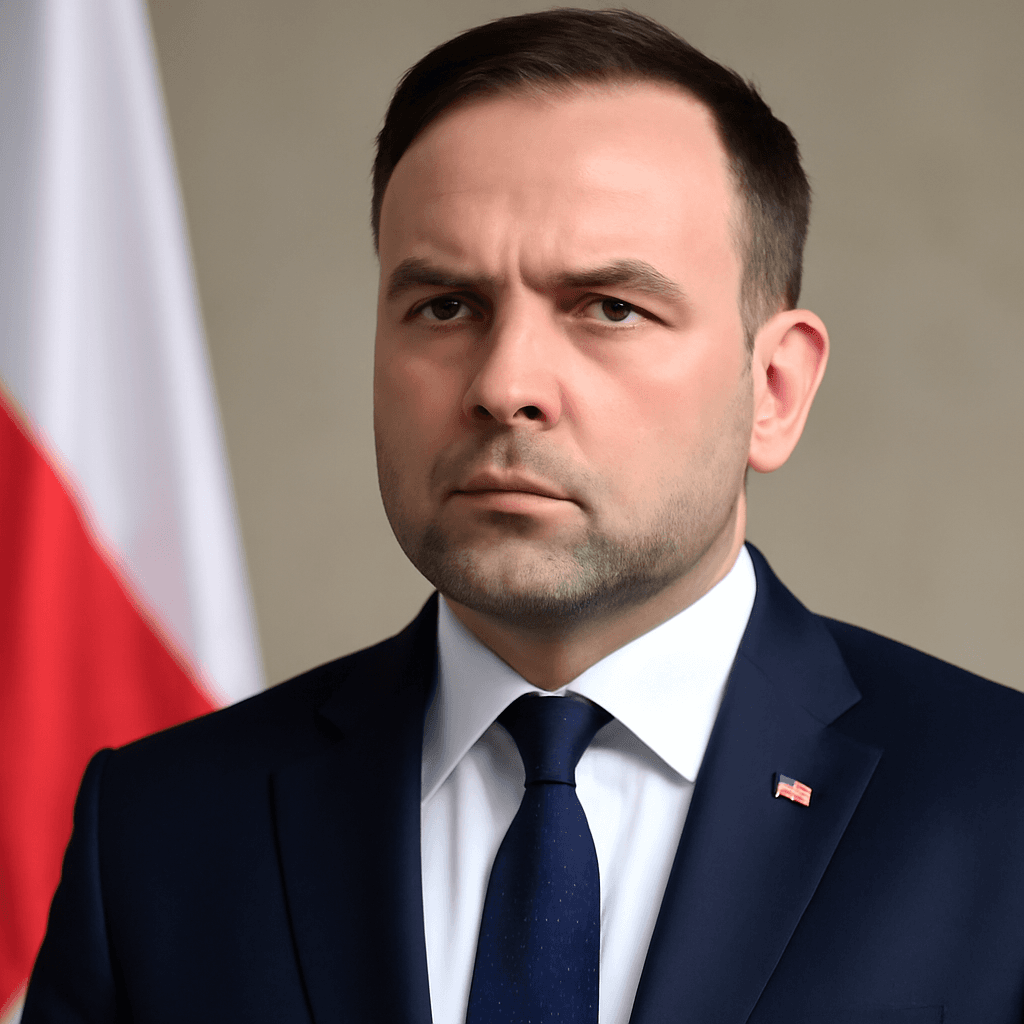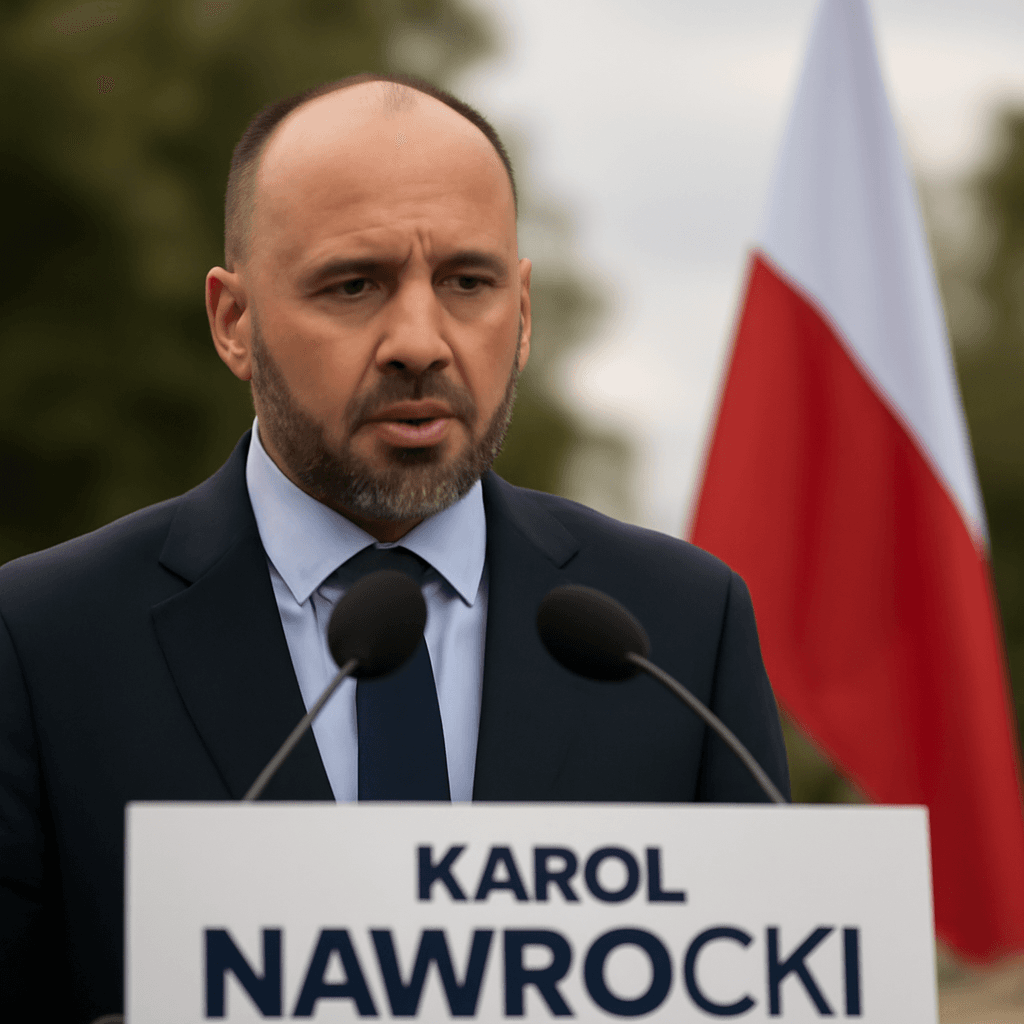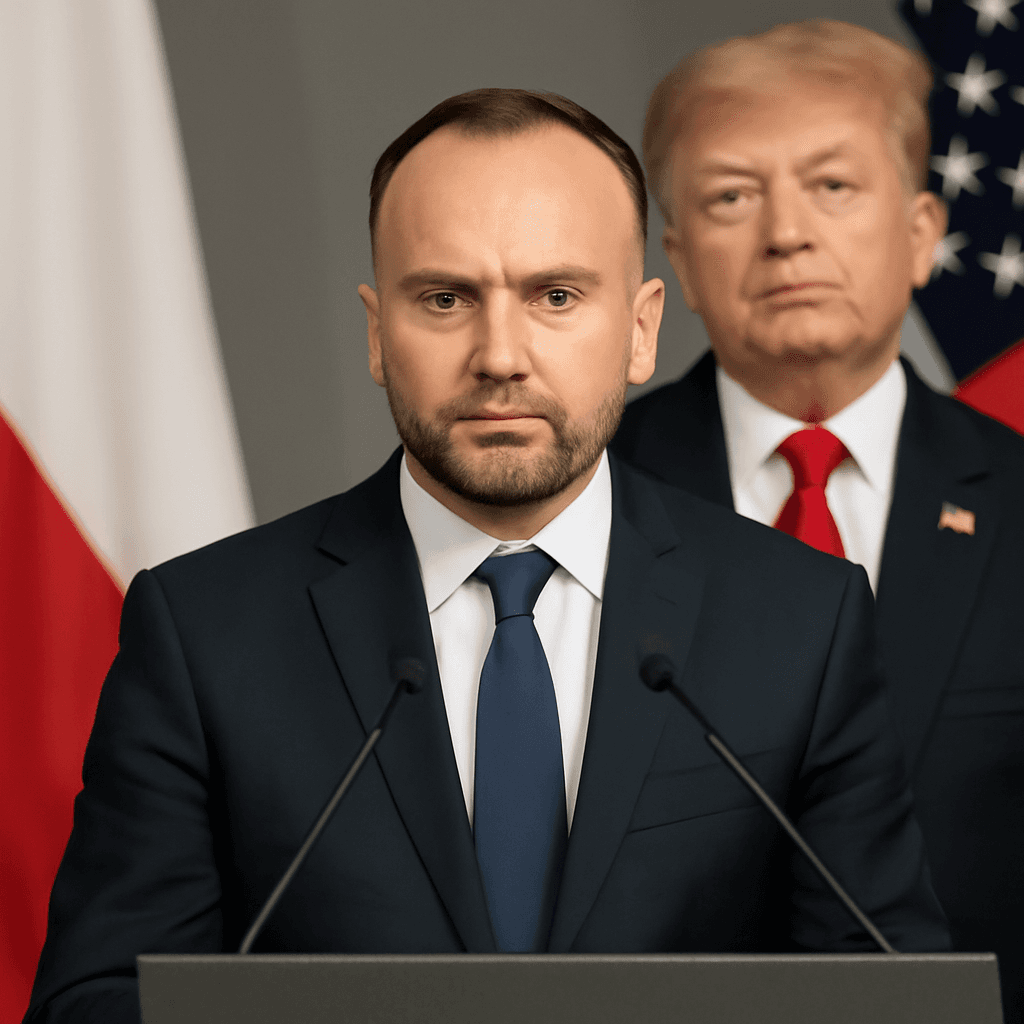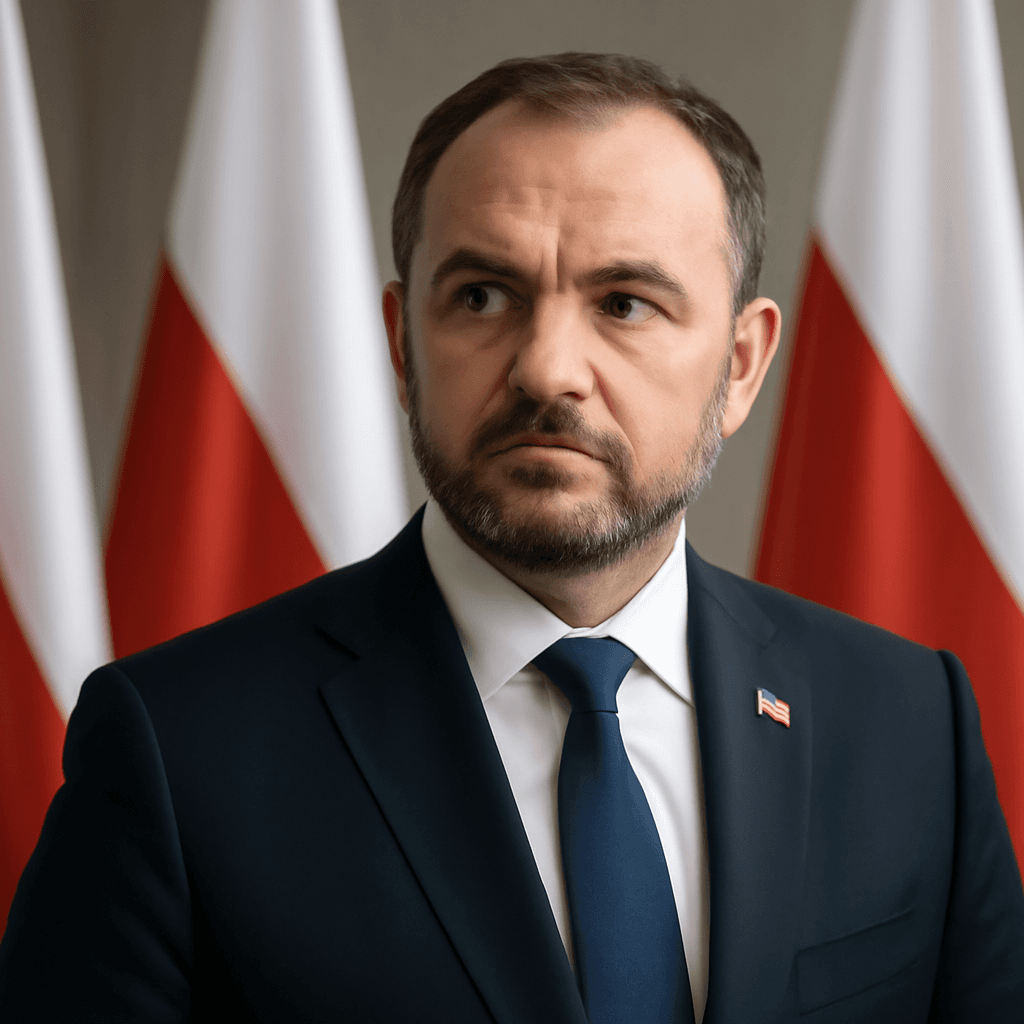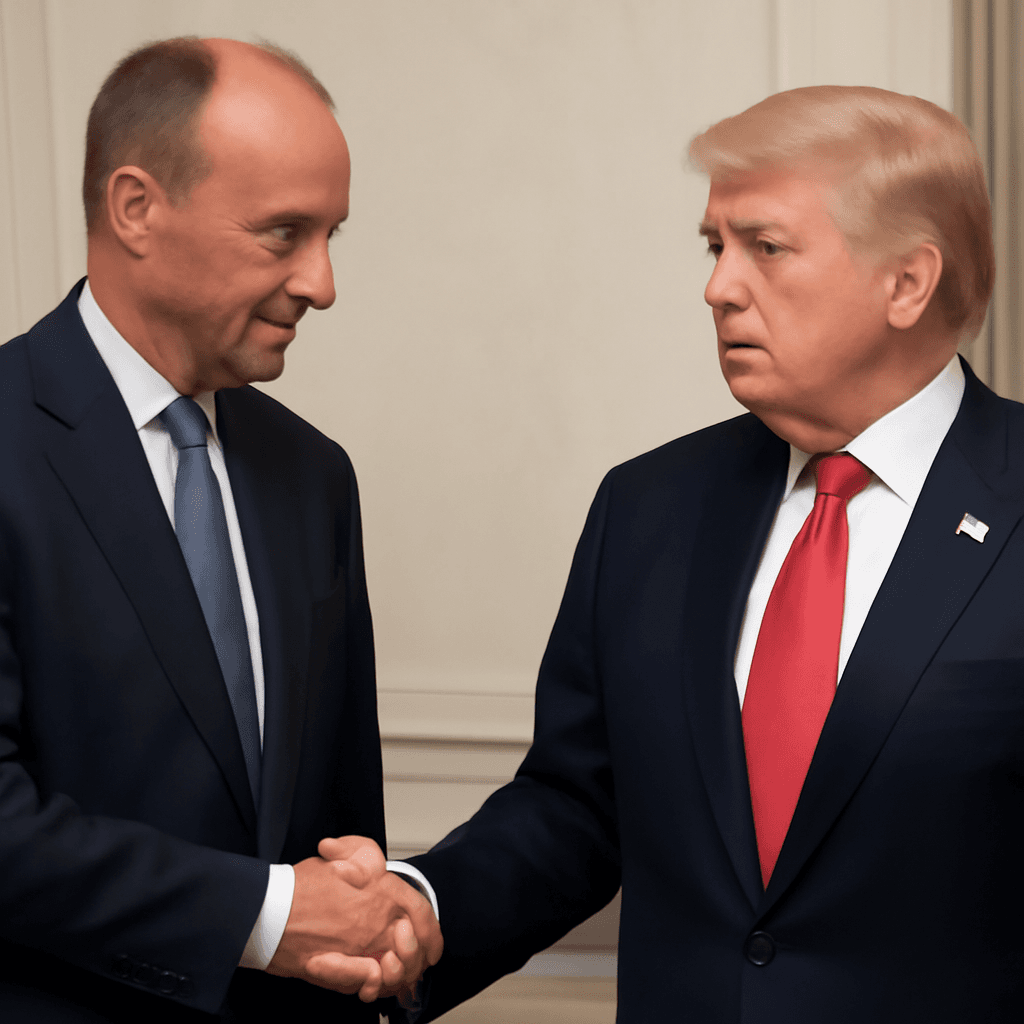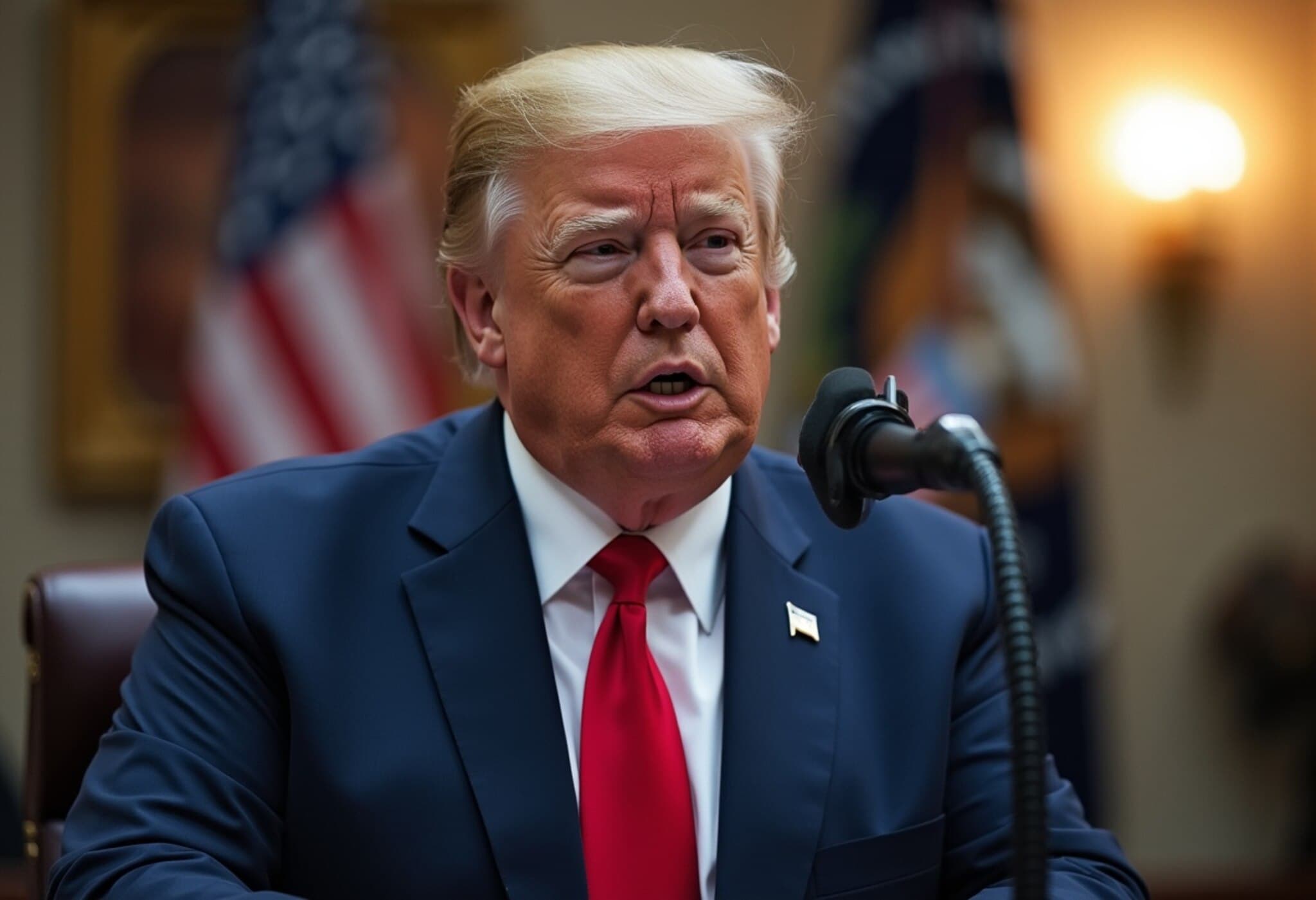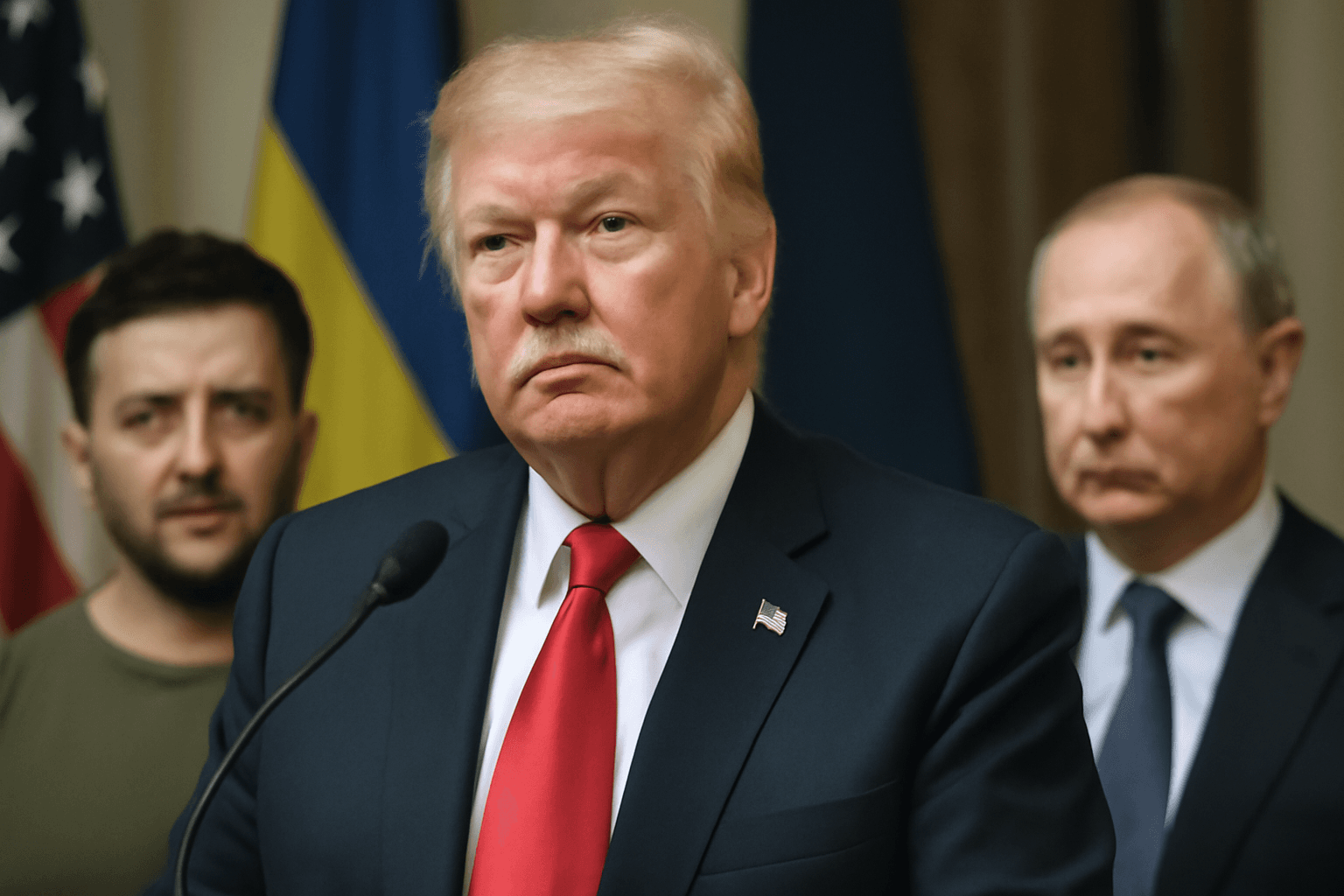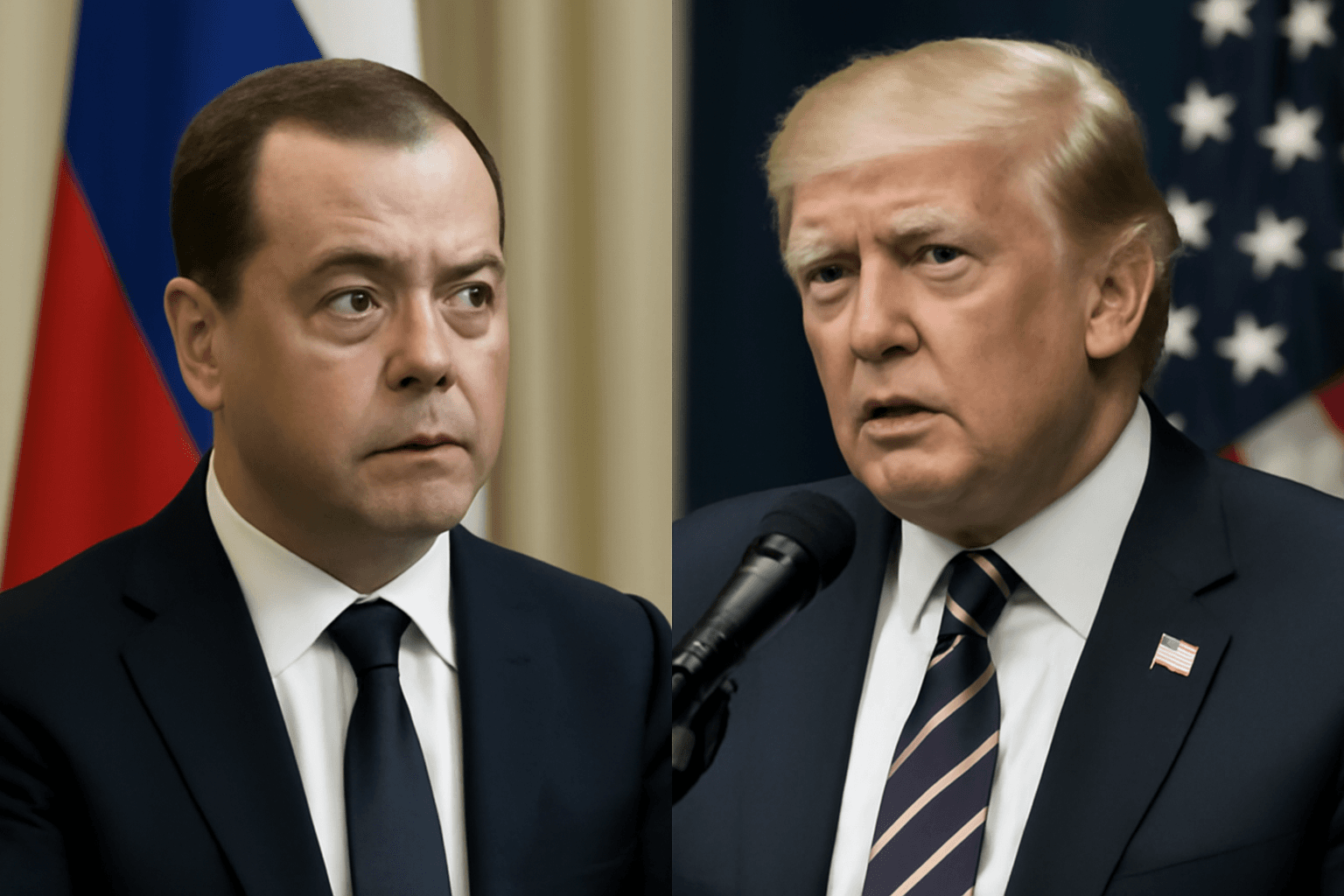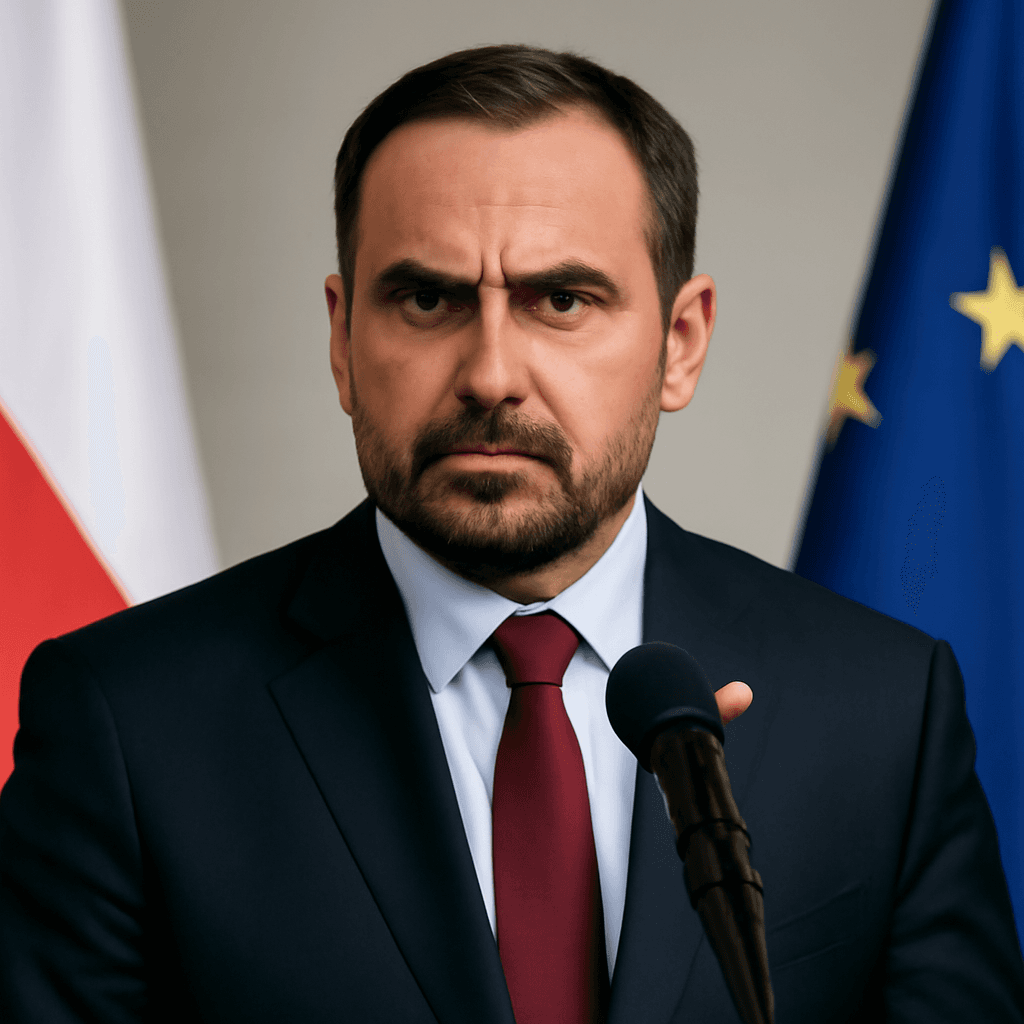Introduction to Poland's New Presidency
Poland has elected Karol Nawrocki, a conservative nationalist and historian, as its next president. His upcoming term, beginning August 6, 2025, is expected to influence Poland's domestic and foreign policy and may strain relations with the European Union (EU) while fostering closer ties with a Trump-aligned U.S. administration.
Rise of Conservative Populism in Poland
Nawrocki's victory highlights the persistent appeal of nationalist rhetoric among nearly half of Poland's population along the eastern edge of NATO and the EU. Introducing himself to voters with patriotic themes, ardent traditional Catholic values, and a pledge to protect Polish sovereignty against EU influence and powerful neighbors like Germany, Nawrocki capitalized on rising right-wing populism across Europe. His success follows strong performances by far-right candidates in the initial voting round, reflecting ongoing concerns about migration, national sovereignty, and cultural identity.
Challenges for Prime Minister Donald Tusk
President Nawrocki's election poses a direct challenge to Prime Minister Donald Tusk, who returned to power in late 2023 with a centrist coalition aiming to strengthen EU relations and reinstate judicial independence. Despite these goals, Tusk's coalition has struggled to advance key reforms, such as civil union recognition for same-sex couples and more liberal abortion laws. Given Nawrocki's opposition to these measures and his presidential veto power, legislative gridlock is a likely outcome, complicating Tusk’s agenda.
Strengthening Ties with the Trump-Aligned U.S. Administration
Nawrocki's presidency is expected to deepen Poland's relationship with the Trump-aligned U.S. administration. Although Poland already hosts 10,000 American troops and maintains a strong alliance with the U.S., the prior government led by Tusk was critical of Trump's policies. Nawrocki's worldview aligns closely with Trump’s Make America Great Again platform, underscored by a recent White House meeting that signaled substantial support from the Trump administration.
Shifting Polish Approach to Ukraine
While expressing support for Ukraine's defense against Russia, Nawrocki opposes Ukrainian NATO membership and questions the long-term costs of continuing aid, including support for Ukrainian refugees. Echoing criticisms analogous to those voiced by Trump, he has suggested that the Ukrainian government has not expressed enough gratitude toward Poland. With growing public fatigue over refugee assistance, Poland’s position may shift from staunch ally to conditional partner if the conflict extends further.
Implications for Poland's Relationship with the EU
Nawrocki's victory is a setback for EU efforts to regain stronger alignment with Poland, especially after Tusk’s return was seen as a positive pro-European development. His administration and the supporting Law and Justice party have criticized what they view as EU overreach, particularly regarding judicial reforms and migration policies. While the Polish presidency does not direct daily foreign affairs, Nawrocki’s veto powers and symbolic role could complicate Brussels' attempts to enforce EU standards, especially on rule-of-law matters.
Market Reactions and Economic Considerations
Following the election, the Polish zloty weakened slightly, reflecting investor concerns about political instability and potential frictions with the EU. This uncertainty affects billions of euros in EU funding contingent on judicial reforms, which are unlikely to move forward without presidential cooperation, potentially impacting Poland's economic outlook.

